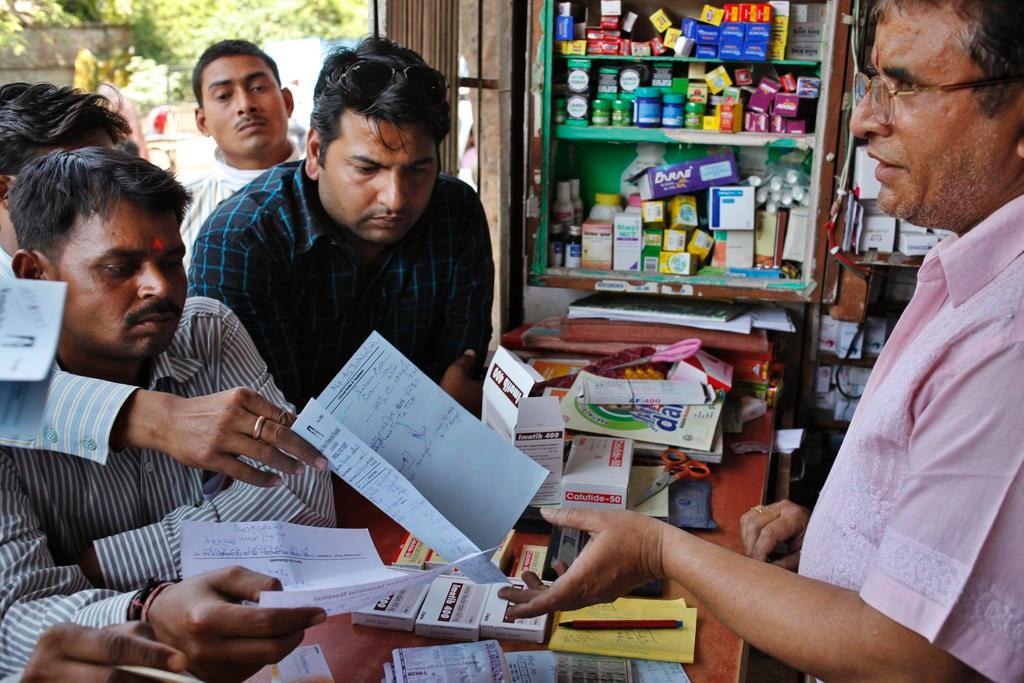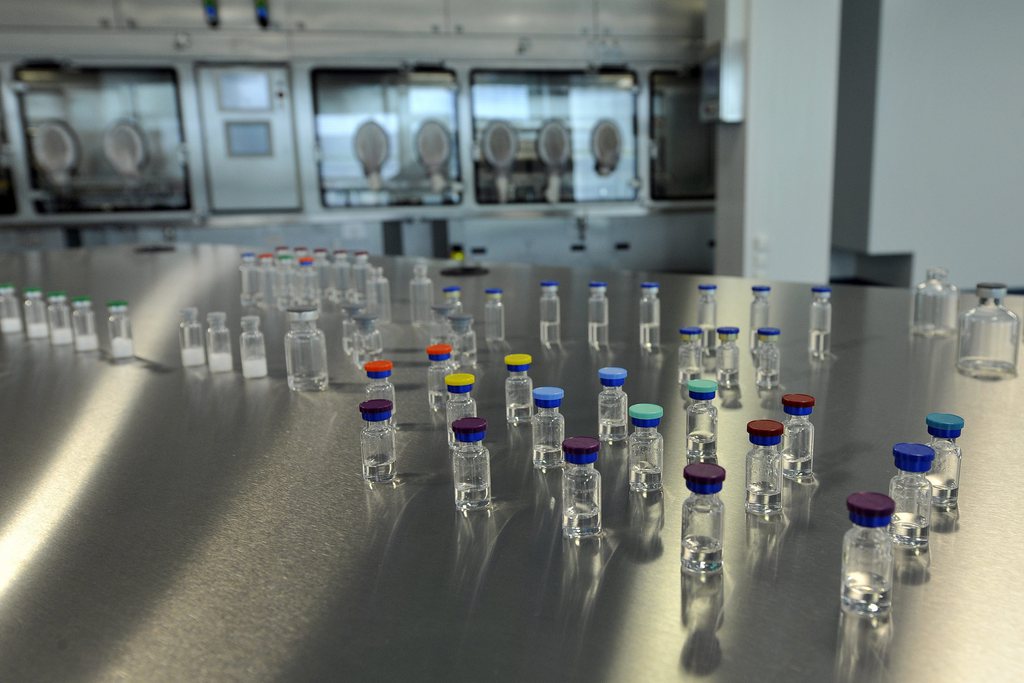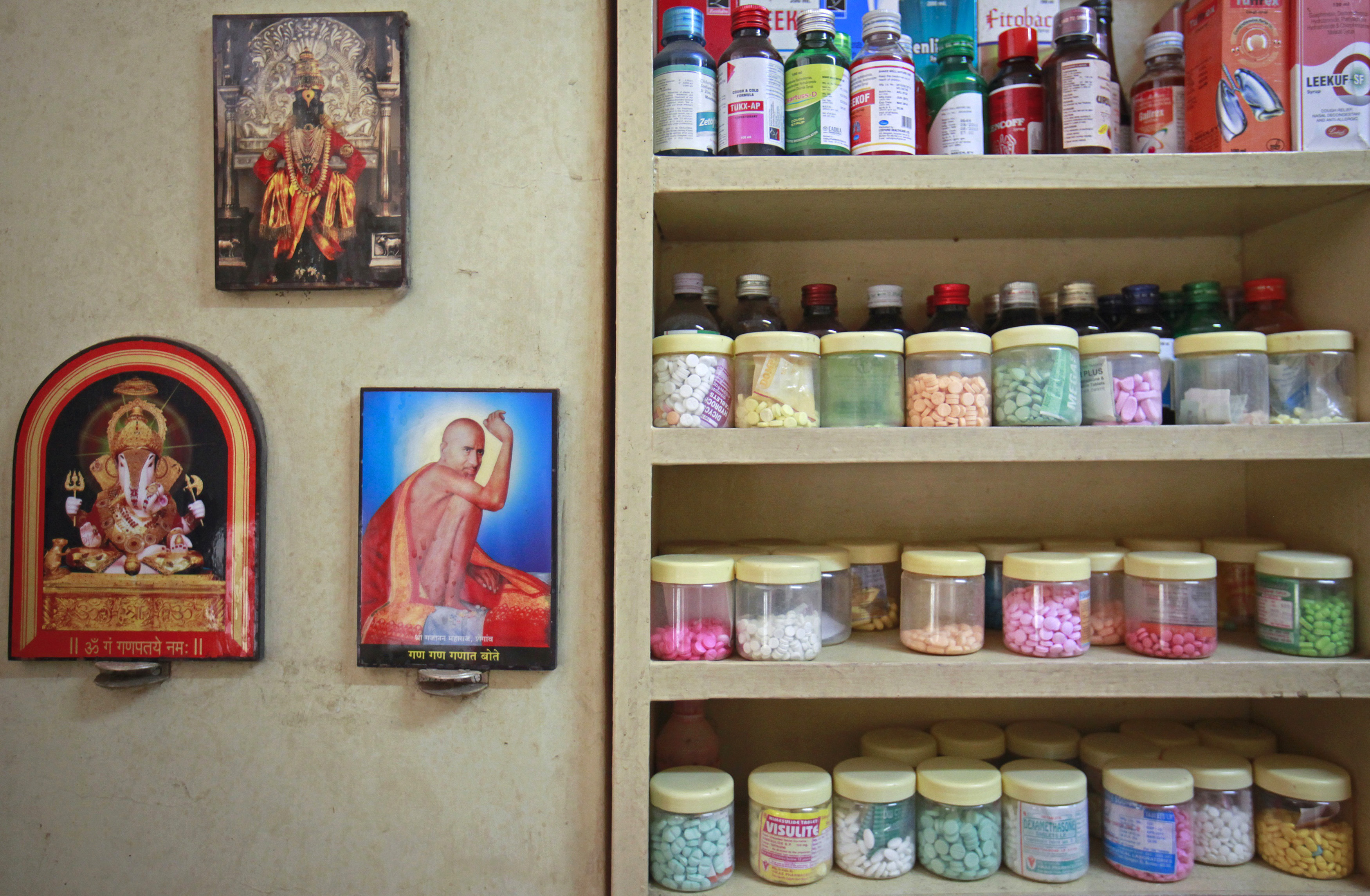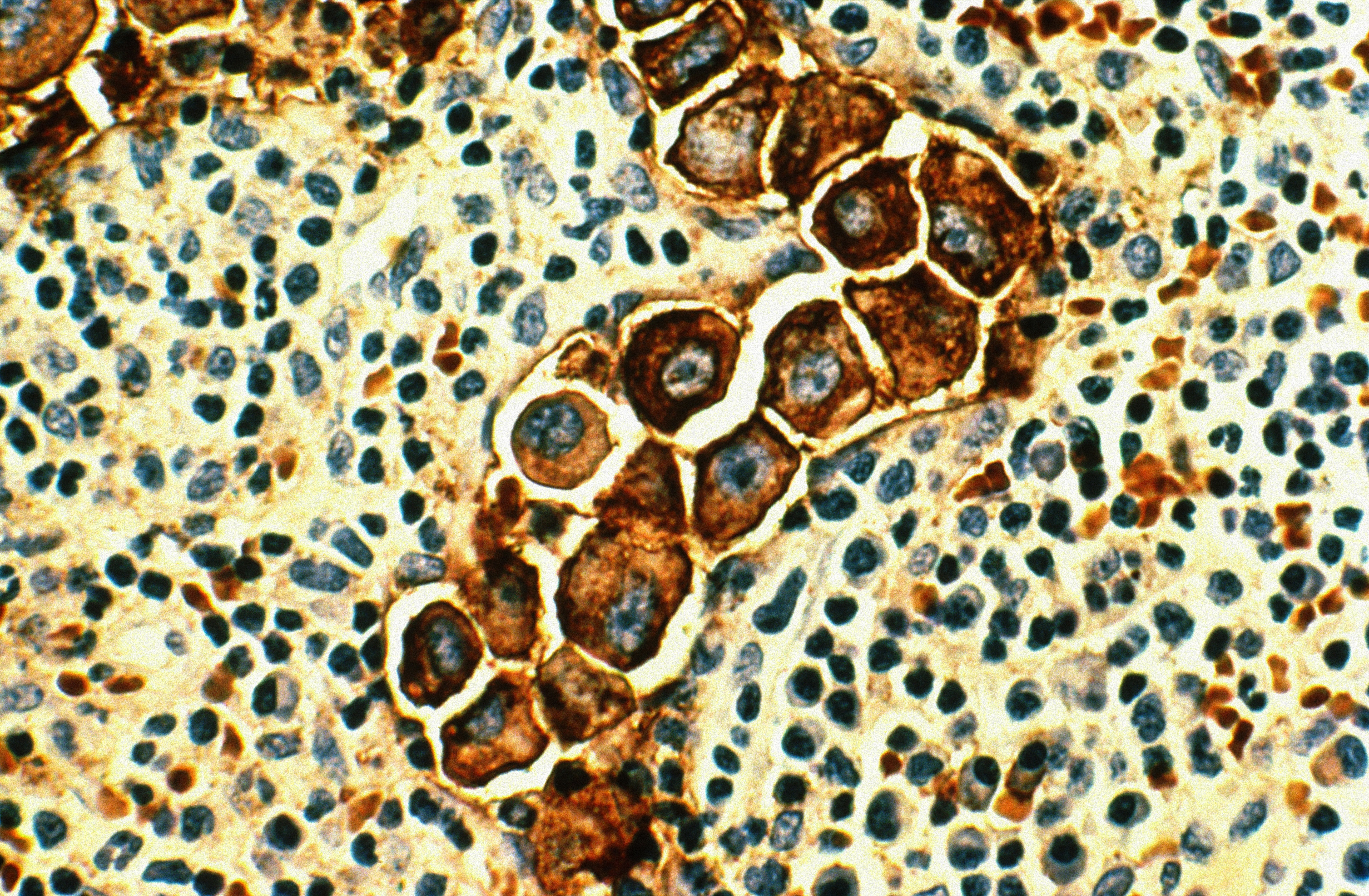Access to good therapy is big issue for patients in poorer nations

Treatments for diseases other than HIV have had far less attention from big pharma.
When Dr Mohga Kamal-Yanni spent a month in her native Egypt over the summer, she was struck by both the rising demand for and crippling cost of cancer care. “I couldn’t believe the prices and the individual stories,” she says.
“It’s not easy to get into a government programme and sadly people will do everything to pay to treat a family member – selling furniture and a whole range of impoverishment strategies.”
Dr Kamal-Yanni, who is senior health & HIV policy adviser to the British charity Oxfam, is preparing a report on access to cancer medicines in developing countries.
“Cancer has become a big issue even for lower middle income countries. In my country, once you have overcome malnutrition and water problems and got food on the table, you jump suddenly to diabetes and cancer without any transition period,” she says. “People know there are treatments, but the majority cannot afford them.”

Pharmaceutical companies have applied considerable efforts to improving affordable access to HIV treatments.
But treatments for cancer and other diseases have received far less systematic attention. The industry’s approach outside richer countries has typically concentrated on high price-low volume business, targeting the small groups of wealthy individuals in poorer nations who often pay from their own pockets.
There are some exceptions. Novartis, the Swiss group, has long operated a patient assistance programme in several dozen countries including India, for Glivec, its treatment for chronic myeloid leukaemia. Its oncology division estimates it has donated drugs valued at more than $1bn since 2002 – albeit a figure based on western market prices.
Critics such as Médecins Sans Frontières argue that such donations – as well as the discounts sometimes offered – do not provide a sufficiently large-scale and sustainable approach. Many civil society groups instead support efforts to overturn intellectual property rights in poor countries in order to stimulate cut-price competition by generic manufacturers.
Glivec was the subject of a protracted legal challenge in India, home to many generic drug producers. Among other cancer drugs, Pfizer’s Sutent had its patents overridden, and the authorities issued a “compulsory licence” on Bayer’s Nexavar, authorising generic producers to sell it at far lower cost in exchange for a small royalty to the German drug group.
Yusuf Hamied, the head of Cipla, one of India’s largest generic drugs groups and a pioneer of low priced combination antiretroviral therapy pills for low income countries, says: “We are going to do for cancer drugs what we did for HIV.”
Yet he complains he is restricted by rules over intellectual property in India following the country’s accession to the World Trade Organisation; as well as bureaucracy which slows down authorisations for local production even when patent rights have been legally waived.
He expresses frustration over the poor level of funding for health systems within India, which means Cipla’s version of Novartis’ Glivec still reaches only a few patients. If drugs remain expensive and rarely reimbursed, the network of screening, diagnosis and medical support needed to improve cancer survivorship is also extremely weak.
As a result, the size of the Indian market is one topic on which Mr Hamied finds some common ground with his opponents. As Marijn Dekkers, the head of Bayer, argued last year, the impact of Nexavar’s loss of patent exclusivity in India did not represent a significant financial blow to the company “because we did not develop this product for the Indian market, let’s be honest. We developed this product for Western patients who can afford this product.”
Many specialists argue that raising the quality of cancer care requires a far broader approach than primarily focusing on improved access to expensive new drugs. Increased access to even the cheapest of generic treatments or palliative care, could have the greatest impact on cancer patients.
“If you live on $2 a day, [treatment] can be very expensive,” says Dr Tim Eden of World Child Cancer, a UK charity that provides technical support and funds for treatment in countries including Malawi, Ghana, Bangladesh and the Philippines. He says erratic supplies of drugs, limited availability of specialists, and the cost of travel to treatment centres proves prohibitive for most families.
“Industry is innovative in products but not in its thinking,” says Dr Kamal-Yanni. “And countries have not woken up to the burden of cancer that is going to affect them badly. If they don’t act tomorrow, it will only get worse.”
Copyright The Financial Times Limited 2014

In compliance with the JTI standards
More: SWI swissinfo.ch certified by the Journalism Trust Initiative



You can find an overview of ongoing debates with our journalists here. Please join us!
If you want to start a conversation about a topic raised in this article or want to report factual errors, email us at english@swissinfo.ch.